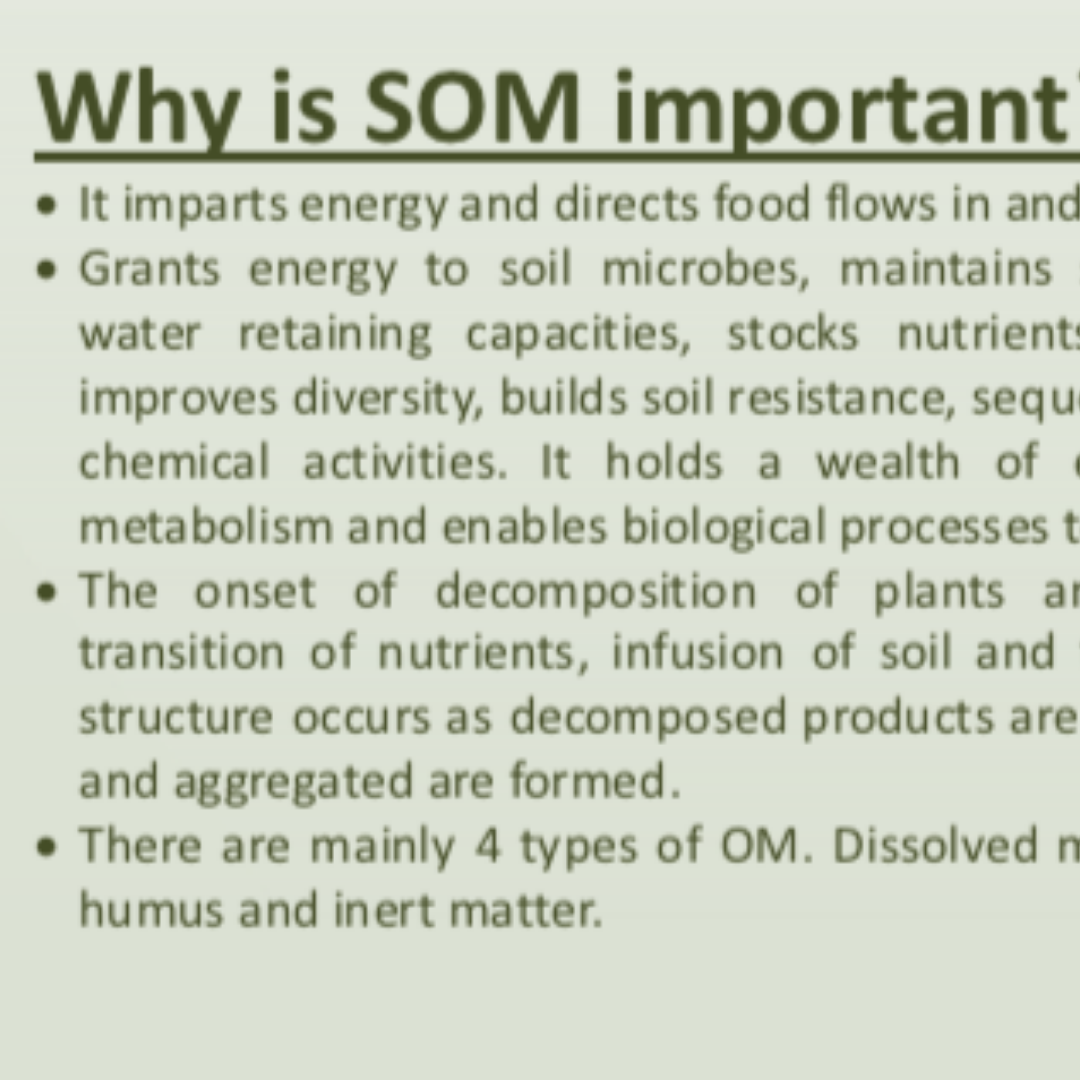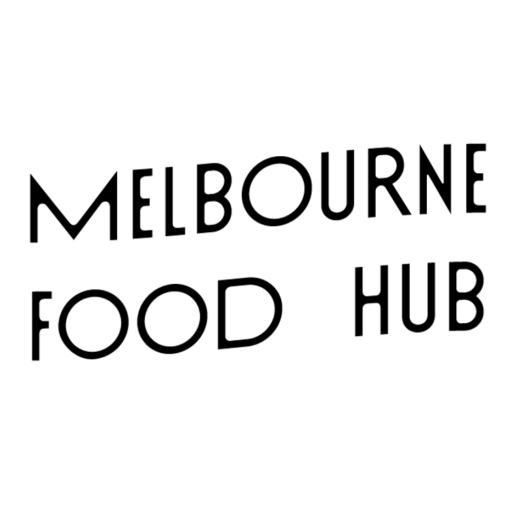Soil Health and Composting
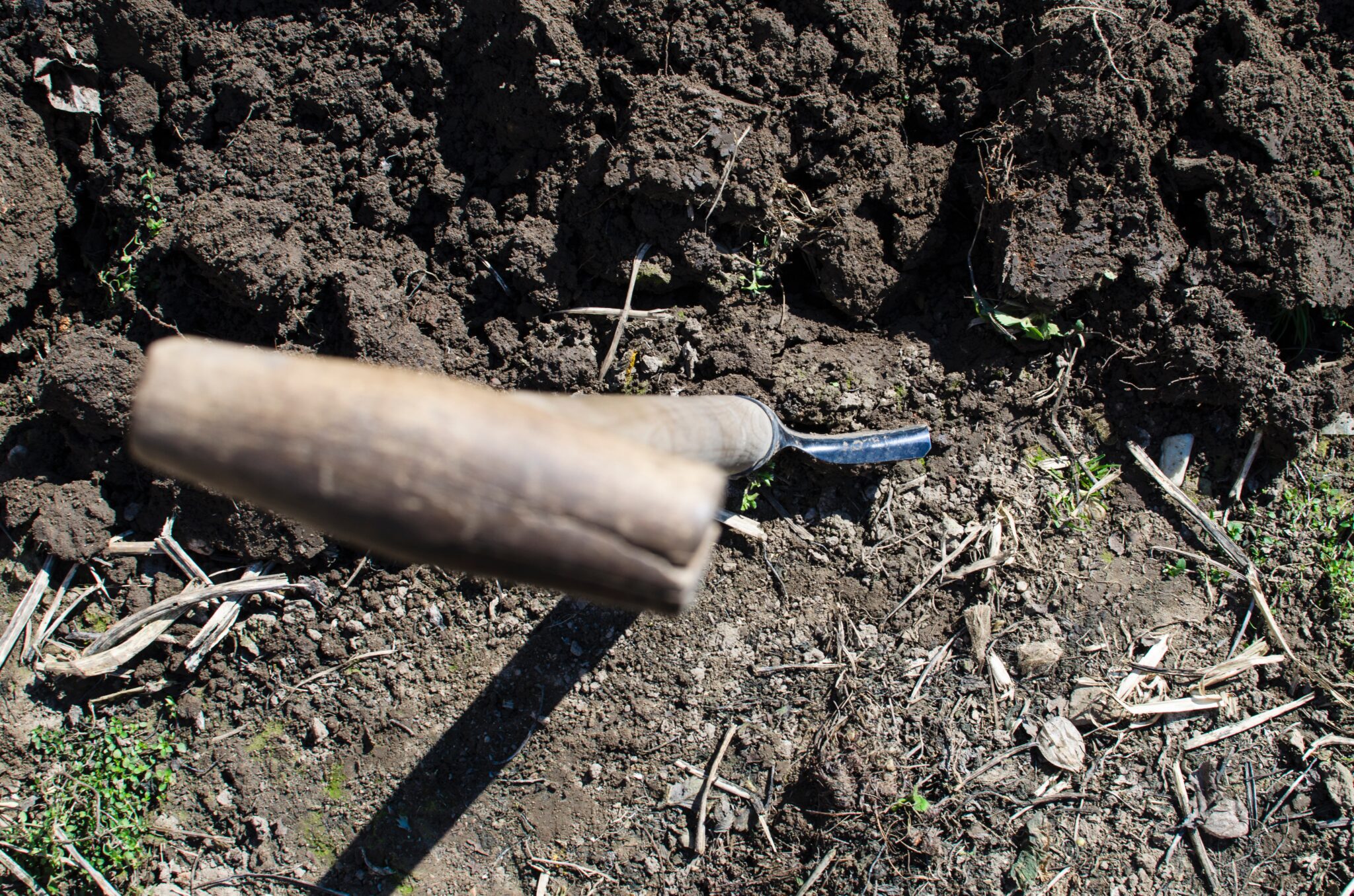
Soil Health and Composting
Loss of soil is rampant. According to the United Nations, every day the equivalent of one soccer pitch of soil is eroded every five seconds, and the planet is on a path that could lead to the degradation of more than 90 percent of all the Earth’s soils by 2050. Erosion, triggered by intensive agriculture, tillage, mono-cropping, overgrazing, urban sprawl, deforestation and industrial and mining activities, all contribute to accelerating soil erosion, which can result in crop yield losses of up to 50 percent. But we can reverse these trends, through a mass transition to regenerative agriculture and agroecology in all its forms. In the process, we can also go a long way to halting and reversing runaway climate change.
Resources
What Happens When You Compost

Mycoremediation

Soil Types, Organic Matter and Water Retention
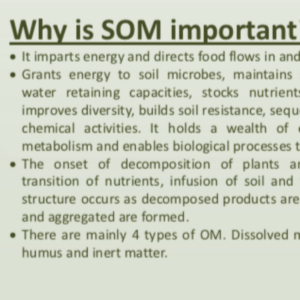
Alternatives to using Pesticides
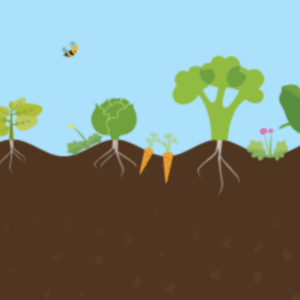
Soil Carbon Sequestration for Kids
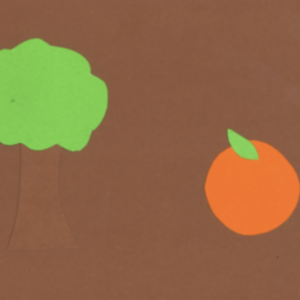
Soil Ecosystem Services
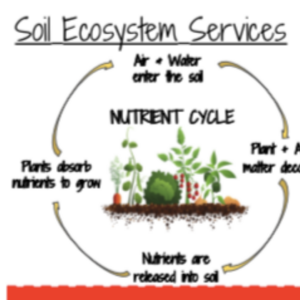
Carbon Sequestration
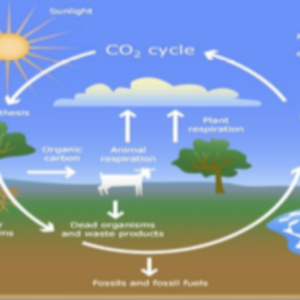

Composting Research
In 2019, Dr. Samantha Grover of RMIT’s Soil-Atmosphere-Anthroposphere Lab and her students undertook soil testing and developed key resources to be utilised by the ClimateSmart Food Classroom in its sustainable food systems education. Much of this fantastic, student-developed work is available in the above resources section. We thank Dr. Grover and the students for making their extensive and impressive work a shared resource.
In 2020, composting research will commence on our Urban Farm, testing the most effective home-composting methods in an urban Australian context. More details to come soon.

